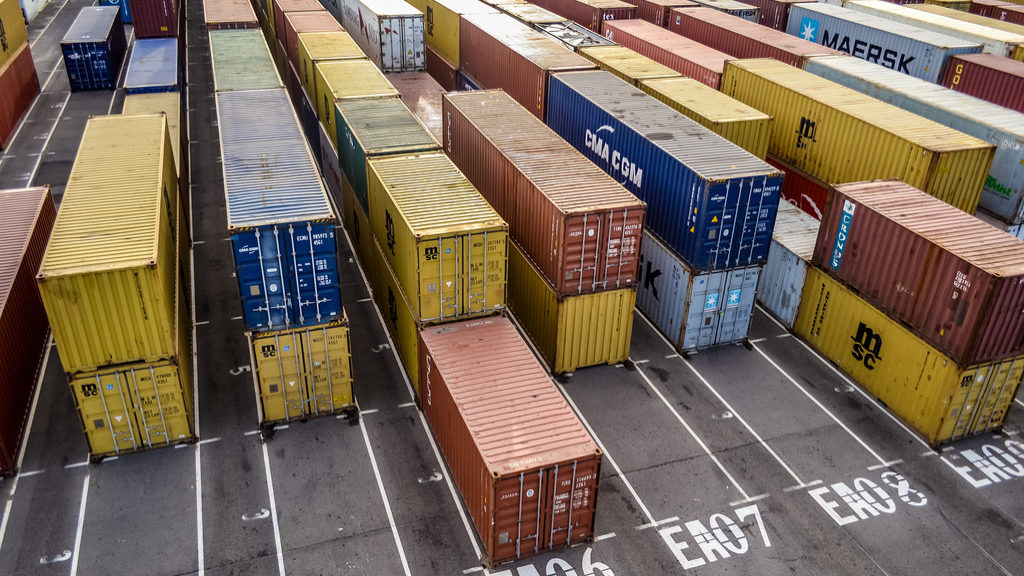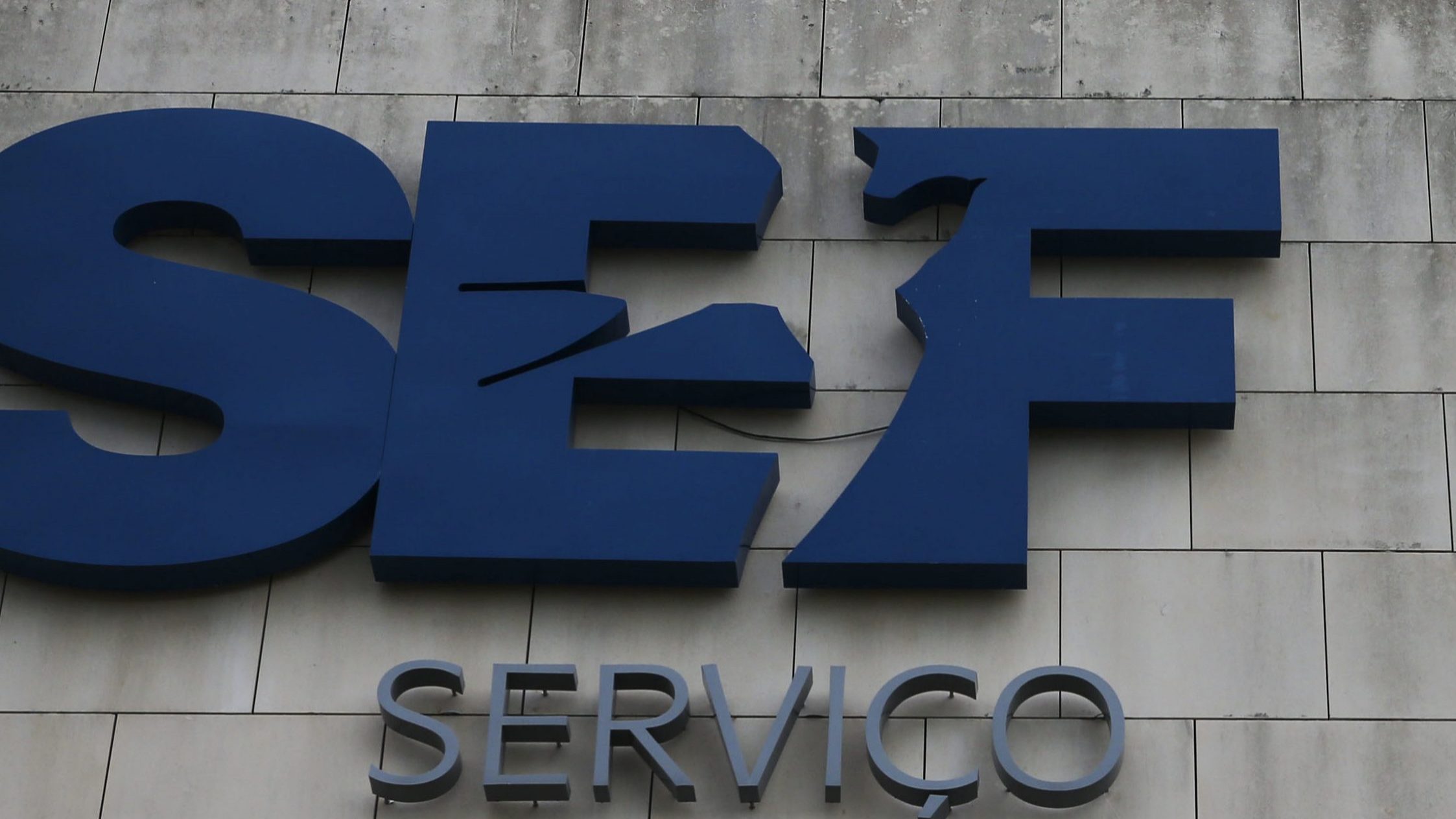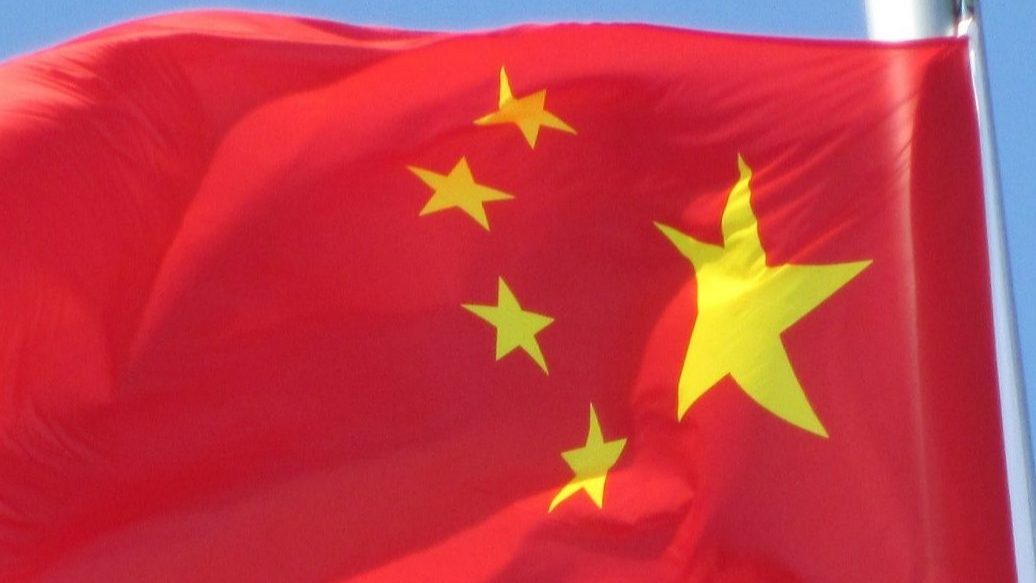Portugal ‘should have greater presence in China’ – former governor of Macau
In the 20th anniversary of the handover of Macau to China, Portugal’s last governor in the city said that the country should have a greater presence in China.
Portugal’s last governor in Macau has argued that the country should have more of a presence in China, despite having left something of a “vacuum” in its former colony after the 1999 handover, with the territory still a potential hub to develop Portuguese interests.
“We are able to do a lot,” Vasco Rocha Vieira said in an interview with Lusa in advance of the 20th anniversary of the handover of Macau to China, on 20 December. “The Chinese market is large and difficult, but we have to have a greater presence in China.”
Rocha Vieira, a former army general, said that “it would be good” for Portuguese business to invest more in China, although in recent times they have not had “great possibility to do so for many reasons.”
He argued that the Portuguese are seen in China as having “a good understanding” and so “we are respected and therefore it is a matter of initiative and capacity of our companies.
“We have a chance to enter via Macau or without being via Macau,” he said. “From the experience I have … always with Chinese partnerships, which is important in this country, as in any other.”
From Macau, he added, such partnerships “are easier”.
He recalled that Portugal already has a presence in Shanghai and Beijing: “Wherever it is, the Portuguese presence is always understood as a friendly presence” and the trust that exists should be built on “every day” because “it does not emerge by decree”.
According to Rocha Vieira, Portugal can “benefit from China’s large growth”, both through its relationship with Macau and directly with the country, or because Portuguese continue to live in the territory, with “our memory and our knowledge”.
The Portuguese administration, he noted, left “good conditions for the legitimacy of the Portuguese living in Macao”, citing the territory’s legal framework, which is Portuguese.
As a result, “Macau can be a hub for the development of our Portuguese interests in that area,” he said, lamenting the fact that Portugal’s national carrier, TAP, has stopped flying there.
Twenty years ago, he recalled, “there was a current” of thought in Portugal of people who said: “We have to do a dignified transfer” and then “it’s over and the cycle ended.”
But what the Portuguese authorities understood was that “the ending of the transition process was the opening of a new cycle,” he said. Now, 20 years on, Rocha Vieira said, “this has already been understood [by more people], with some delay”.
He cited the creation by China of the Forum Macao, a platform for its trade and investment relations with Portuguese-language countries; Rocha Vieira argues that Portugal could have been “practically co-chairman” of this organisation.
“If we had a more dynamic position … probably the forum would also do much more today, thanks to our participation”, he argued.
At the time, though, Portugal was more concerned with its own direct relations with its former colonies in Africa, and “Macau was the second priority … and there was no perception that China was going to have this development.”
When Deng Xiaoping made a state visit to the province of Guangzhou in 1992, he recalled, “he was giving a great signal to the world that there was going to be the country’s great development hub.
“From Macau, we said this to Lisbon, but Lisbon was concerned about other things, which is understandable,” the former governor said.
The former governor also recalled that in the time of Portuguese rule in Macau there were many Portuguese companies there that created Chinese ties and partnerships in order to stay on after the transition – but many failed to do so.
Today “we have to learn from mistakes and not waste opportunities,” he said.


